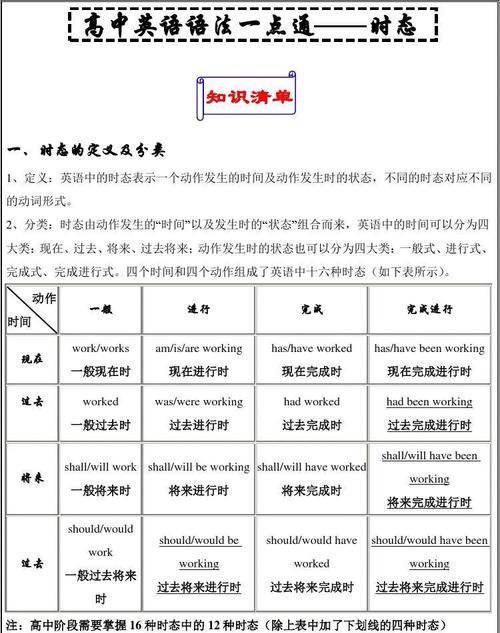英语中的将来时态包括"will"和"be going to"两种形式。"will"用于表示将要发生的事情、预测或意愿,而"be going to"则用于表示已经计划或决定好的事情和预测。掌握这两种将来时态的用法对提高英语口语和写作水平非常有帮助。

will
will 用于表示将要发生的事情,或者预测将来会发生的事情。例如:
- I will go to the gym tomorrow.
- It will rain later today.
will 还可以用于表示意愿,承诺或者请求。例如:
- I will help you with your homework.
- He will not tell anyone our secret.
需要注意的是,will 后面接动词原形,而不是动词的-ing 形式。
be going to
be going to 也用于表示将要发生的事情,但是它通常用于已经计划或者决定好的事情。例如:
- I am going to travel to Japan next month.
- She is going to have a baby in October.
be going to 还可以用于表示意图或者预测。例如:
- We are going to start a new business next year.
- It looks like it's going to rain soon.
需要注意的是,be going to 后面接动词的-ing 形式。

